Public Awareness Activities
Since its foundation in 2001, the FSFE has been working every
single day to further Free Software in Europe and beyond. With
our concrete activities, based upon the three pillars of our work, we
focus on protecting and extending user rights. Some of our
actions run for many years, some are aimed at short-term
developments, but all are part of our mission: empower users
to control technology.
Another major part of our work consists of continuous engagement
and background work. We are present at dozens of conferences per year,
support and maintain an excellent community and
provide it with helpful resources. Furthermore, we are a
prominent contact point for all questions and enquiries around
software freedom, and user rights.
Read more about why
Public Awareness is a key element of the FSFE's work, and our
general approach in that area.
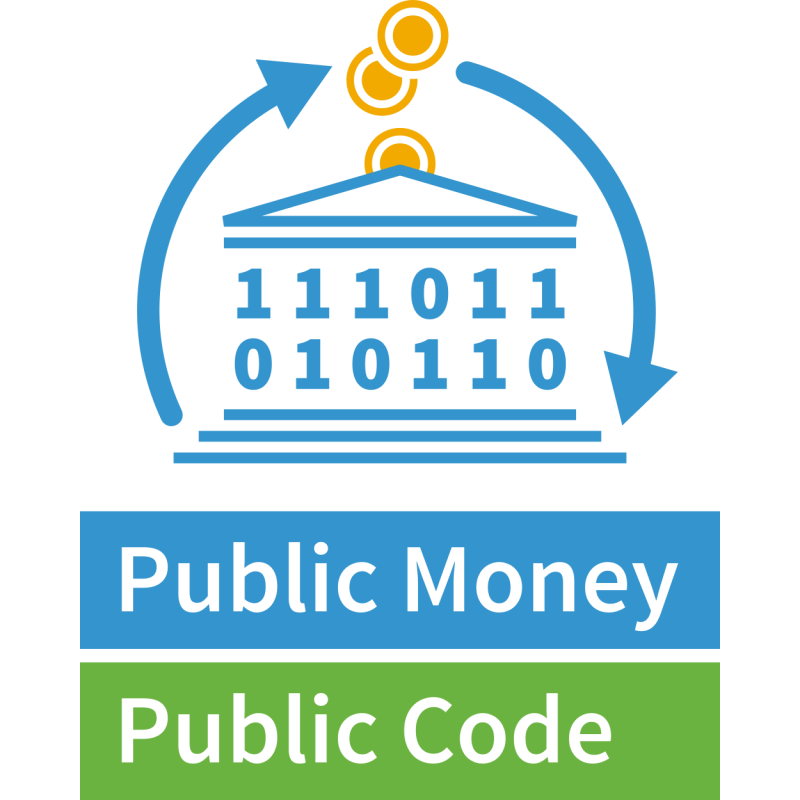
Por que o software criado usando dinheiro de pagadores(as) de impostos não é liberado como Software Livre? Queremos legislação exigindo que software financiado publicamente e desenvolvido para o setor público seja publicamente disponível sob uma licença de Software Livre e Aberto. Se é dinheiro público, o código deve ser tão público quanto. Código pago pelo público deve ser disponibilizado ao público!
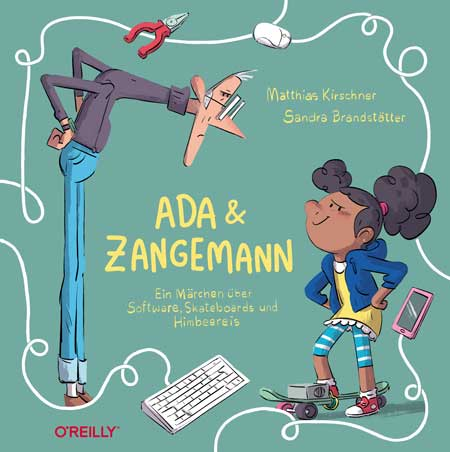
The illustrated book animated movie "Ada & Zangemann - a tale of software, skateboards, and raspberry ice cream" by the FSFE, tells the story of the famous inventor Zangemann and the girl Ada, a curious tinkerer. Ada begins to experiment with hardware and software, and in the process realises how crucial it is for her and others to control technology.
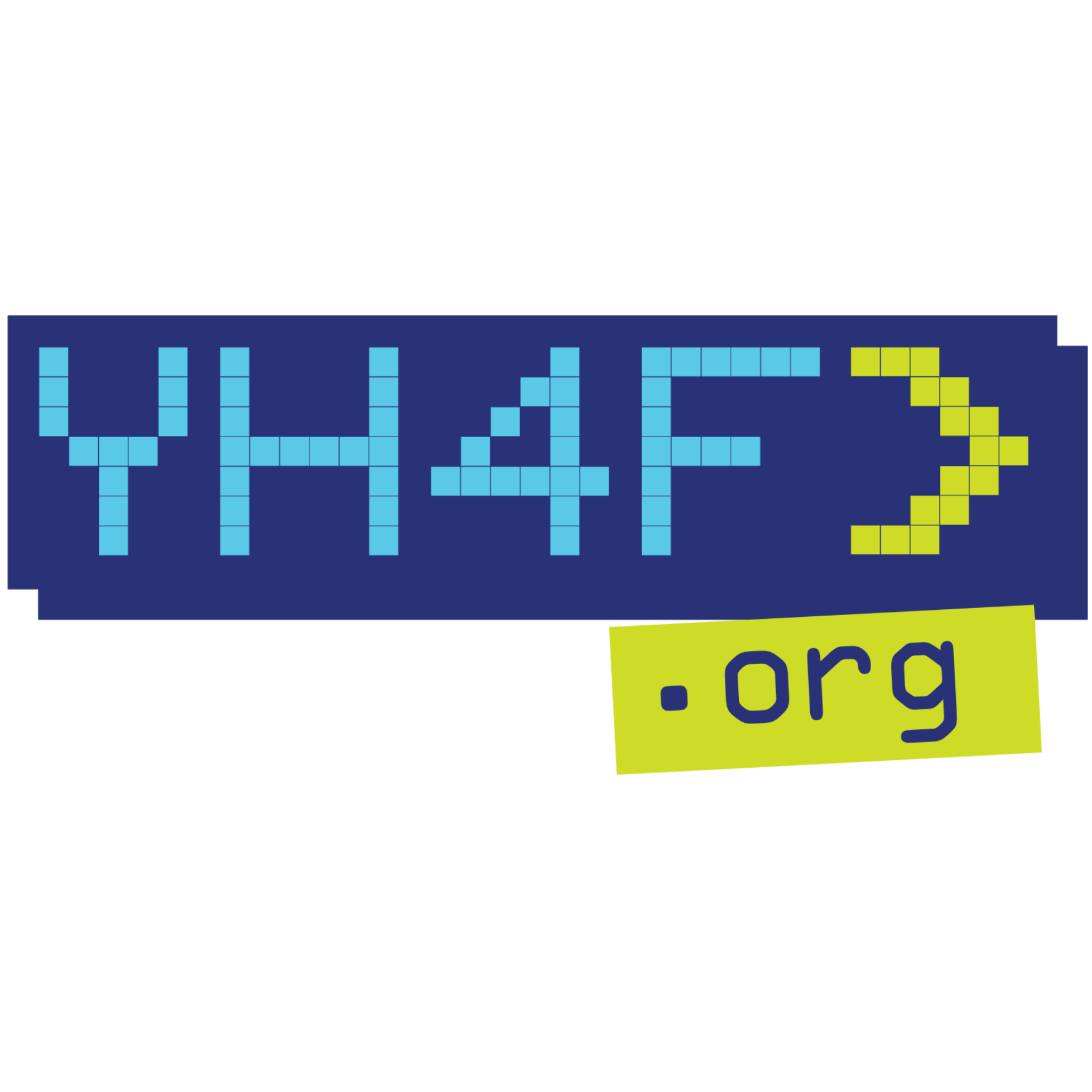
Young people, from all over Europe, compete in Youth Hacking 4 Freedom to win cash prizes by creating programs of their choice licensed as Free Software. The six winners will be invited to the Award ceremony weekend. Youth Hacking for Freedom inspires people to learn programming and to collaborate.
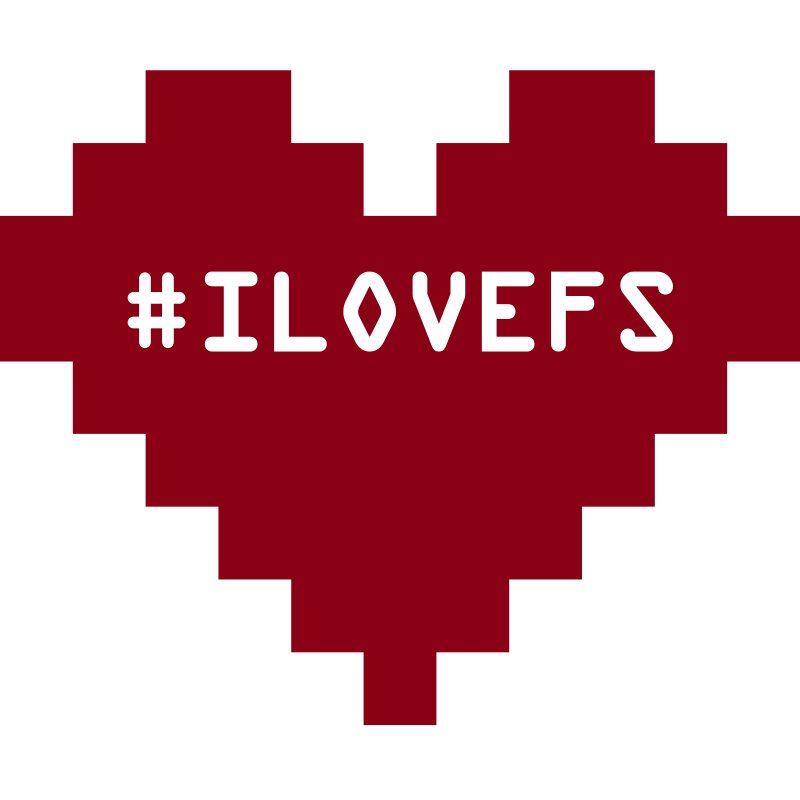
Frequentemente subestimamos o poder dum simpre >obrigado. Contribuidores(as) do Software Livre fazem um importante trabalho para nossa sociedade e merecem atenção. O dia do "Eu amo o Software Livre" em 14 de fevereiro [Dia de São valentim e Dia dos(as) Namorados(as) em certos países] é a oportunidade perfeita para que você expresse sua gratidão especial. Desde 2010, temos celebrado esse maravilhoso evento anual com uma comunidade diversa e sempre crescente. ♥ ♥ ♥
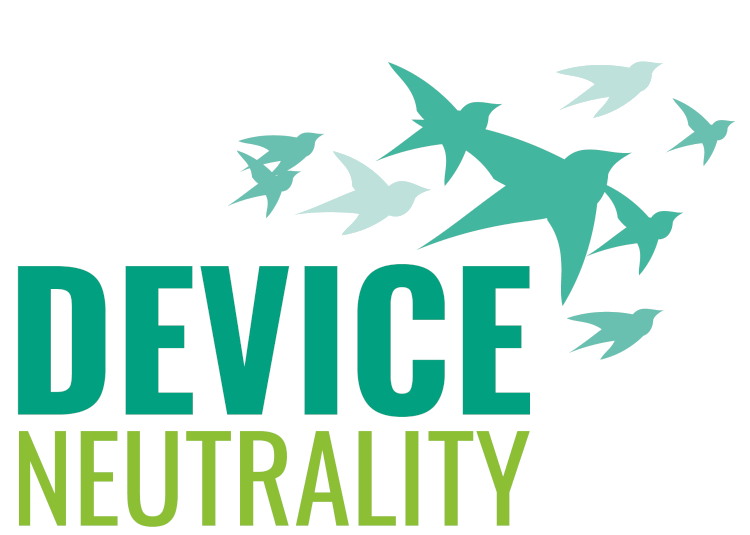
Although digital devices are ubiquitous today, the number of devices on which users cannot run Free Software is exponentially increasing. The consequence is an increased loss of control over users’ technology. Device Neutrality aims to enable end-users to bypass gatekeepers to have a non-discriminatory use of Free Software on their devices.

Android é um sistema operacional majoritariamente livre, desenvolvido majoritariamente pelo "Google". Infelizmente, os "drivers" para a maioria dos dispositivos e dos aplicativos na sua loja embutida (Play Store) não são Software Livre. Esta atividade ajuda você a reconquistar o controle de seu dispositivo Android e seus dados. Coletamos informação sobre como rodar um sistema Android da forma mais livre possível e tentamos coordenar os esforços nessa área.
More Awareness Activities

Keep using your phone with Free Software. Upcycling Android explains
the issue of software obsolescence in the Android world and helps
people flashing their phones with Free Software operating systems.
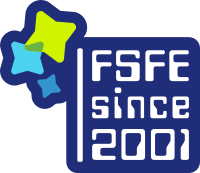
Em 2021, a Free Software Foundation Europe (FSFE) completou 20. Esse tempo todo temos empoderados usuários(as) para usar, estudar, compartilhar e incrementar software. Em 20 anos de FSFE, agradecemos todas as pessoas que nos ajudaram ao longo desse caminho. Aqui você encontrará entrevistas discutindo o progresso da FSFE bem como aspectos tecnológicos. Seja bem-vindo(a) para comemorar conosco!

Qual a melhor época há para perguntar a políticos(as) sobre suas posições quanto ao Software Livre e Padrões Abertos do que no tempo pré-eleitoral? Acreditamos que podemos e devemos fazer esses tópicos um assuto em todas as eleições, quer seja em nível europeu, nacional, regional ou local. Dependendo do sistema eleitoral e da cultura local, há estratégias diferentes e ferramentas que usamos: Perguntar a seu/sua candidato(a) uma lista de perguntas, a ferramenta online "Digital-O-Mat" e a plataforma também online Freedomvote, além da "Let's Promise"(Prometamos) para anotação de compromissos.
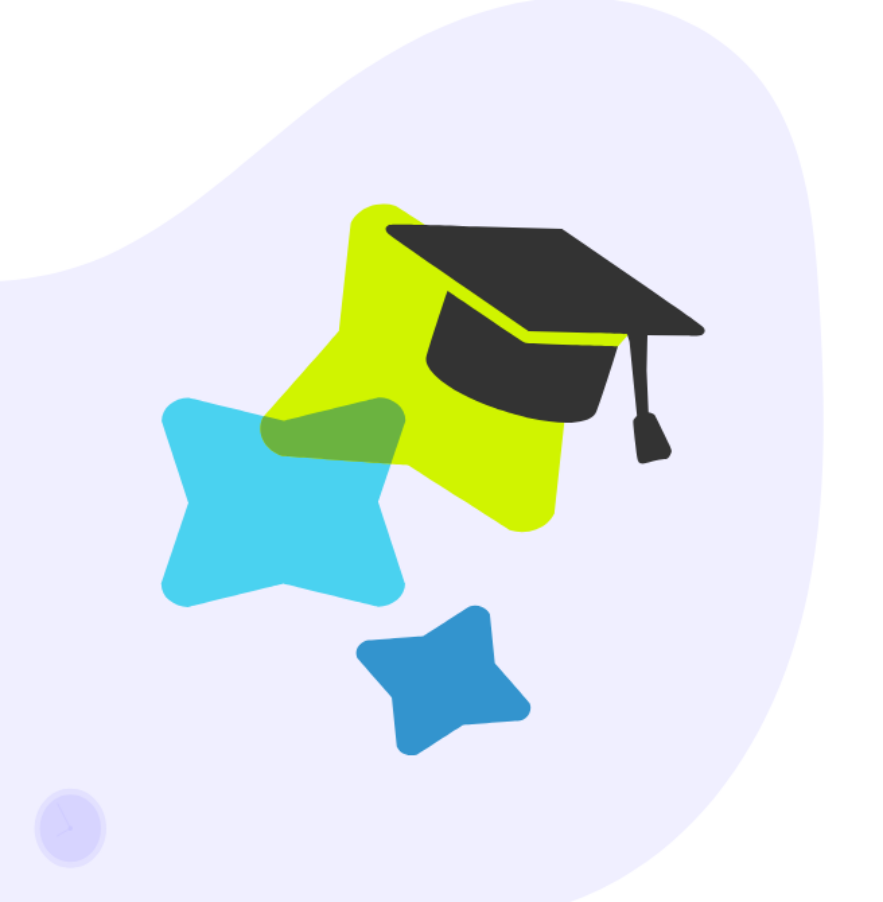
An initiative to bring Free Software in the education sector by increasing
the digital sovereignty and competence of students and teachers. Created by the
Zurich chapter, 'Lernen wie die Profis' was awarded the DINAcon Award. The activity is in German.
The PDFreaders initiative aims to shine a spotlight on government
organisations that promote proprietary PDF readers. With the help of
activists across Europe, we have contacted these organisations and told
them how they can improve their websites to respect our freedom. On
pdfreaders.org
we present Free Software PDF readers for all major operating systems.
DRM.info is a collaborative platform initiated and maintained by the FSFE to
inform about the dangers and concerns of the Digital Restrictions Management.
Contributors to DRM.info include digital freedom, consumer protection, net
activism and library organisations.
FOSS4SMEs was a two-year collaborative Erasmus+ project to spread and
increase knowledge about Free Software. The FSFE collaborate with the other
partners to develop free online educational resources for managers and
employees of small and medium-sized enterprises (SMEs).
SELFConcluído
The SELF project (Science, Education and Learning in Freedom) aimed at
creating a repository of educational materials on Free Software and Open
Standards. It did this by providing a platform for the collaborative
development of educational materials, as well as by engaging in the
development of educational materials that were missing in the field today.
The Brave GNU World was a monthly column published from 1999 to 2004,
addressed at both technical and non-technical readers. Its aim was to
provide an insight into current projects and developments based on the
Free Software philosophy. The Brave GNU World was translated into 9
languages, making it probably the most widely distributed monthly column
in the world.
The GNU Business Network had the vision to network all companies,
developers and users in and around Free Software in a way that the
potential synergies are encouraged and informed decisions become possible.
The TUX&GNU@school column was a regular column about Free
Software in education written by by Mario Fux. It informed about
educational Free Software, useful web sites on the topic and
other interesting topics for teachers, students and all software
freedom advocates.
Free Software is often referred to as "Open Source". But we are
convinced that Free Software is the better term: easier to
understand, harder to abuse, well-defined, providing additional
value, and offering freedom. We connected companies,
organisations and even co-founders of the Open Source movement
that prefer to use the term Free Software.









